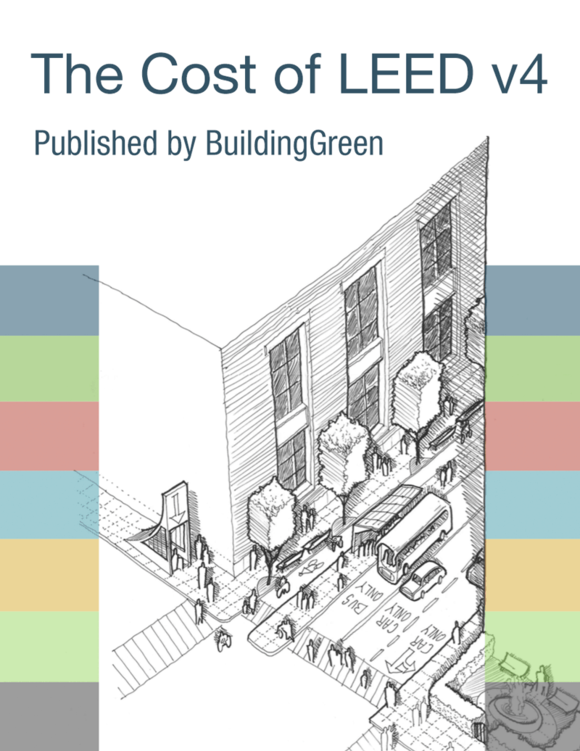Credit language
Requirements
Engage in a contract for qualified resources that have come online since January 1, 2005, for a minimum of five years, to be delivered at least annually. The contract must specify the provision of at least 50% or 100% of the project’s energy from green power, carbon offsets, or renewable energy certificates (RECs).
Green power and RECs must be Green-e Energy certified or the equivalent. [Europe ACP: Green Power] [South America ACP: Green Power] RECs can only be used to mitigate the effects of Scope 2, electricity use.
Carbon offsets may be used to mitigate Scope 1 or Scope 2 emissions on a metric ton of carbon dioxide–equivalent basis and must be Green-e Climate certified, or the equivalent.
For U.S. projects, the offsets must be from greenhouse gas emissions reduction projects within the U.S.
Determine the percentage of green power or offsets based on the quantity of energy consumed, not the cost. Points are awarded according to Table 1.
Table 1. Points for energy from green power or carbon offsets
Percentage of total energy addressed by green power, RECs and/or offsets |
Points |
50% |
1 |
100% |
2 |
Use the project’s annual energy consumption, calculated in EA Prerequisite Minimum Energy Performance, if Option 1 was pursued; otherwise use the U.S. Department of Energy’s Commercial Buildings Energy Consumption Survey (CBECS) database to estimate energy use.
Alternative Compliance Paths (ACPs)
Europe ACP: Green-e Energy Equivalent
Projects in Europe may use the following approved standards in place of Green-e Energy:
- EKOenergy
- Guarantees of Origin (GOs) with additional parameters
South America ACP: Green-e Energy Equivalent
Projects in South America may use the Brazilian “Certificado de Energia Renovável” (Renewable Energy Certificate) with additional parameters in place of Green-e Energy.
See all forum discussions about this credit »



